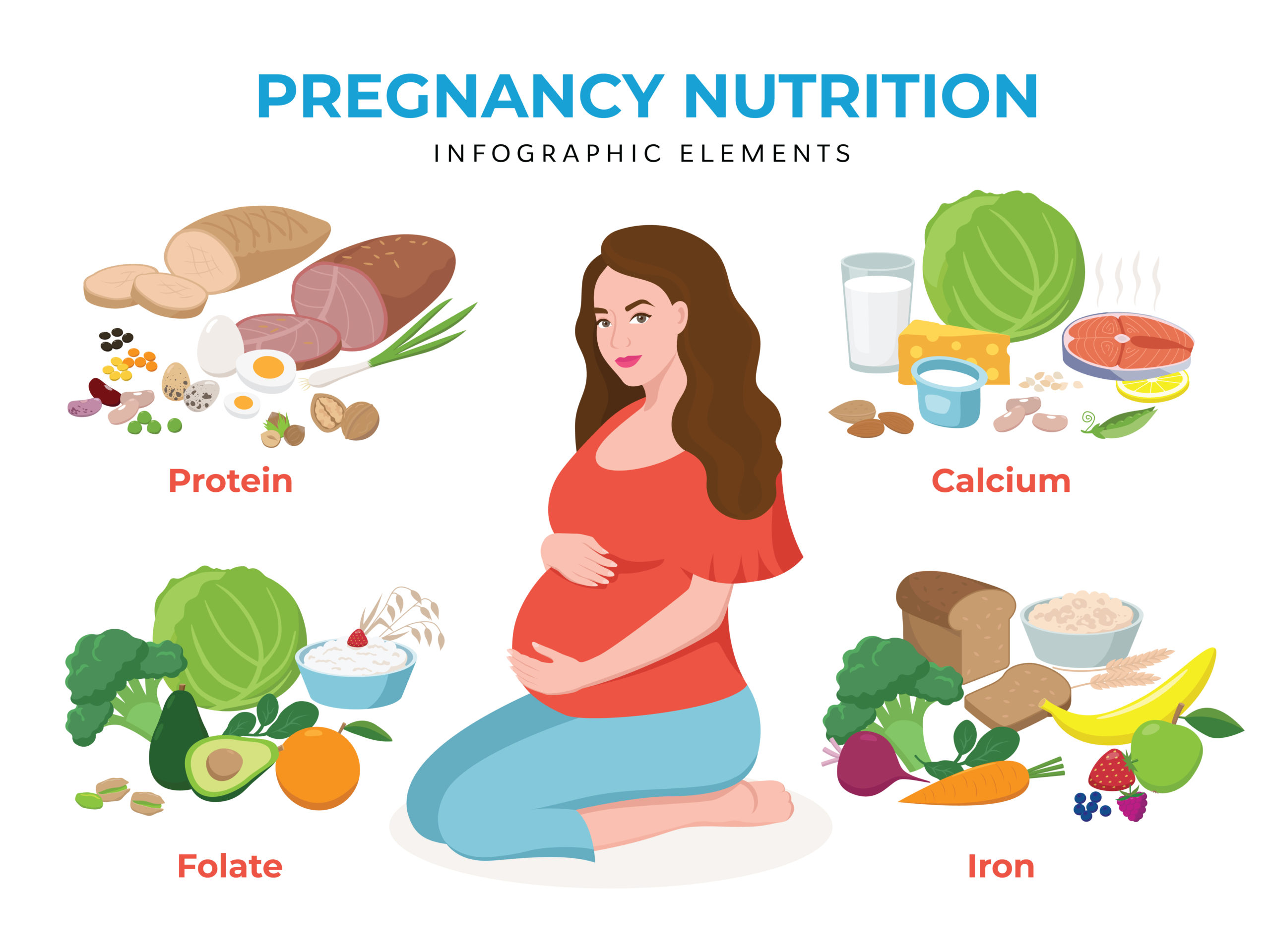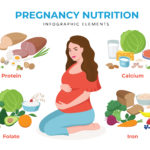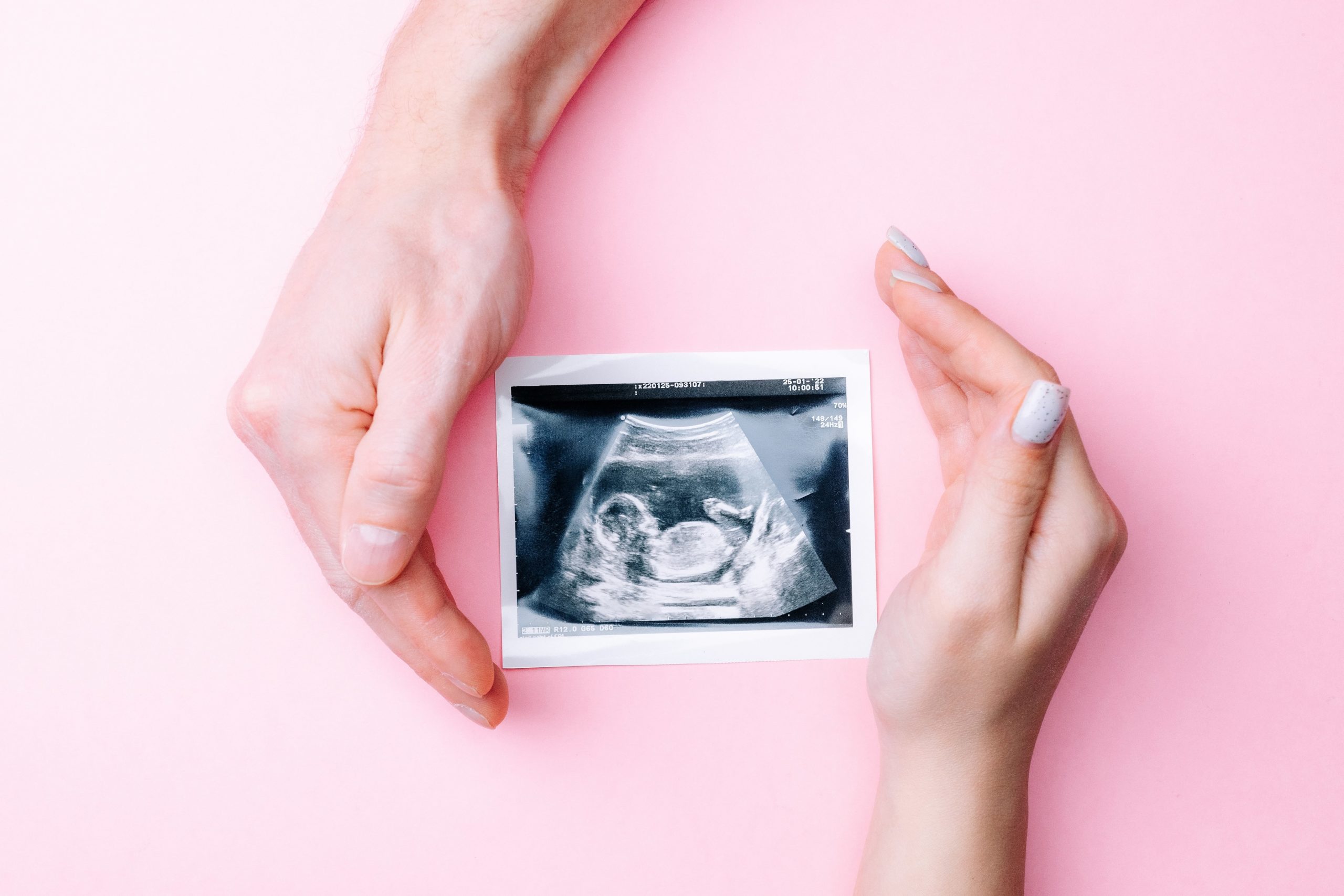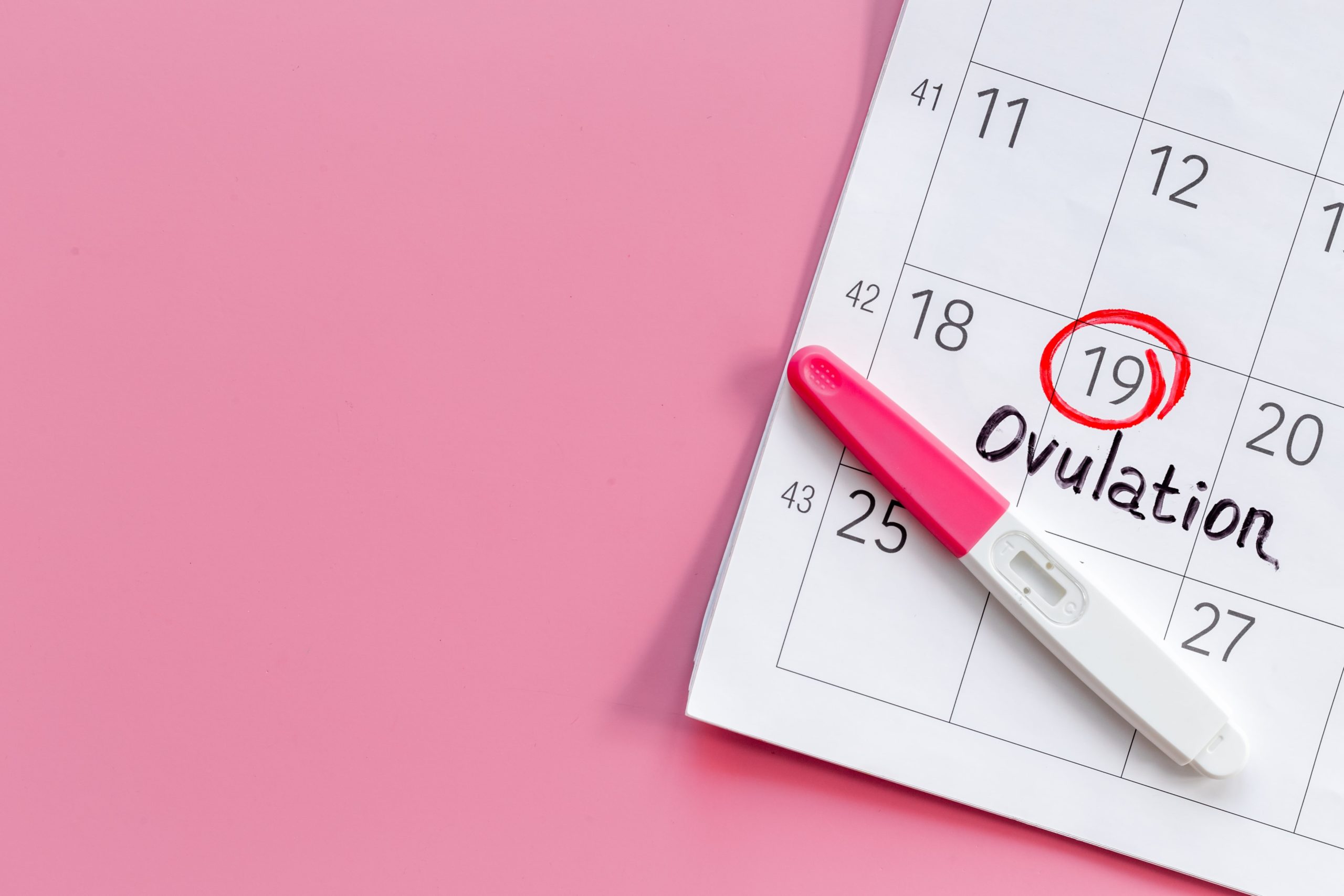Almost everyone close to an expectant mother motivates her to eat for two. How does it apply to pregnancy and pregnant women? Although it implies that pregnancy is a license to enjoy overeating, maternal nutrition is much above plenty of food. It means ample calories and proper nutrients are vital to a healthy pregnancy. Consuming the right foods and choosing the right diet allows full-fledged foetal development. The mother needs to gather the right bits of information on prenatal diet and supplements. The mother should plan her diet and ensure that the unborn is getting the proper nutrients. And certain tips for new mothers are a key to assuring health throughout all the trimesters.
Prenatal nutrition ?? An overview:
Nutrition is known as the most significant factor in healthy foetal development. The availability of the nutrients for the foetus depends on various factors. The factors may include nutritional stores, diet and maternal body composition. Prenatal nutrition stands as the most important determinant of various developments. It impacts foetal growth, physiological functionality and Gestational Weight Gain (GWG). Gestational Weight Gain (GWG) is a complex phenomenon contributing to active foetal growth and development. Maternal metabolism, maternal physiology and placental metabolism influence the GWG. The changes in maternal homeostasis interfere with the placental structure and function thereby influencing the growth of the foetus.
How to count calories for pregnancy?
Exceptions may exist even in terms of maternal health as they do elsewhere. Many pregnant women feel perplexed that they don't require any additional calories in the first trimester. The second trimester, however, may mark the onset of about 340 additional calories per day. The third trimester involves the consumption of about 450 additional calories every day.
Weight gain remains a normal change in pregnancy. Most obstetricians view weight gain as a normal development in pregnancy. Maternal weight gain influences the growth of the foetus. Poor growth and shortened gestation may raise the risk of babies with low birth weight.?
How does pre-pregnancy nutrition affect foetal growth?
The maturation of sperm and oocytes mark the onset of the periconceptional period that occurs before fertilization. The period extends until the fertilized egg implants. The overall process completes relatively faster (about 9 days in humans) than expected. But various developmental, metabolic and genetic changes render the process different. The embryonic genome sees epigenetic changes. More formally, the changes to the DNA don't alter the genetic code, they instead affect how a gene gets expressed by turning the expression on or off.
Such modifications are sensitive to environmental conditions and prominent nutrients. They might adjust to facilitate survival under available conditions. Nonetheless, the gene pattern may be deleterious in environmental conditions outside the uterus. It may ultimately contribute to ailments later in life.
Epigenetic changes prevail throughout one's lifetime. The periconceptional period, however, remains unique as only a small number of cells are present in the period. Complete exposure to the environment facilitates the overall cell population to consolidate a genetic program that prevails throughout the development.
Does it influence the present situation? And how so if it does?
The concept doesn't stand as a new trend. Previous analyses have studied the impact of periconceptional maternal nutrition on the disease and development of offspring. Maternal obesity or maternal overeating can negatively influence the metabolic regulation in a child. Various factors including undernutrition may raise the risk of metabolic disease in the offspring.
Essential nutrients for pregnant women:
Various nutrients vital for maternal health determine the foetal health throughout the development of the foetus. Various nutrients shape foetal nutrition and development throughout pregnancy.
Below are the essential nutrients:
- Iron:
Iron is an irreplaceable mineral carrying oxygen to the maternal and foetal organs and tissues. The dietary iron needs tend to double in pregnancy due to various reasons. Blood volume increases both for the mother and her unborn in pregnancy. The recommended iron dose for pregnant women is 27mg. Most dieticians and obstetricians recommend an iron-fortified prenatal vitamin. Red meats, leafy greens, oats, fortified grains, lentils and beans offer opulent iron content. Citrus fruits, peppers, tomatoes and strawberries in combination with iron-fortified vitamins or supplements will aid in iron digestion and absorption.
- Folate:
Healthcare professionals worldwide recognize folate as an essential nutrient for foetal growth. Folate stands as a vital nutrient for foetal brain development and spinal cord development. The folate deficiency is often linked to neural tube defects. Women should consider administering folate before they conceive.
Pregnant women need at least 600 mcg of folate a day. Nuts, seeds, eggs, leafy green vegetables, broccoli and fruits are the rich sources of iron. Confide in your doctor while you are expecting. It's best to openly discuss your medical history with your obstetrician. It helps your obstetrician to recommend the right dosage of folate and other nutrients.
- Calcium:
Calcium plays a crucial role in foetal bone development and teeth. It has a role even in maternal orthopaedic health. The scarcity of calcium in prenatal health leads to the exhaustion of the maternal calcium stores. Mother's bones may suffer as a result. Calcium intake in expectant women may aid in dozens of healthy developments. 3-4 cups of dairy may suffice the daily requirement of 1000mg calcium. Soy products, broccoli, canned salmon, dark leafy vegetables are recommended in the absence of dairy. 500mg calcium may aid in better absorption of calcium. Various calcium supplements are available today in the marketplace.
- Choline:
Choline is a dietary essential helping the brain and spinal cord maturation in pregnancy. Eggs, beans, nuts and animal products offer rich choline content.
- Vitamin D:
Vitamin D works in collaboration with calcium towards the healthy development of foetal bones and teeth. Therefore, most obstetricians maintain that Vitamin D is a must for pregnant women. The recommended dose of Vitamin D in pregnancy is 15 mcg. Sunlight, fatty fish, eggs, fortified milk and mushrooms are various sources of Vitamin D.
- Fibre:
Fibre always remains one of the most integral dietary essentials. Many pregnant women complain about developing constipation during pregnancy. Various fruits and vegetables rich in fibre are recommended right from the first trimester of pregnancy. Water is another natural resource that helps prevent constipation.



















No comment yet, add your voice below!